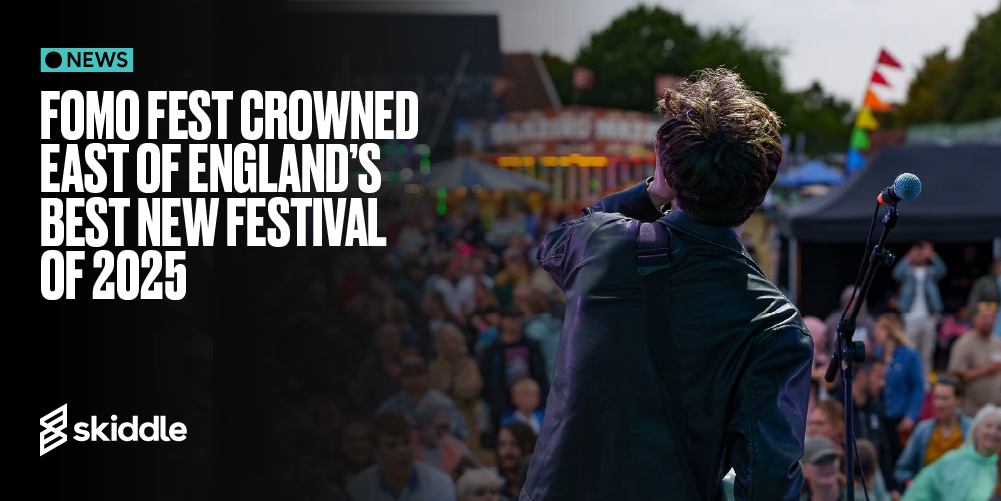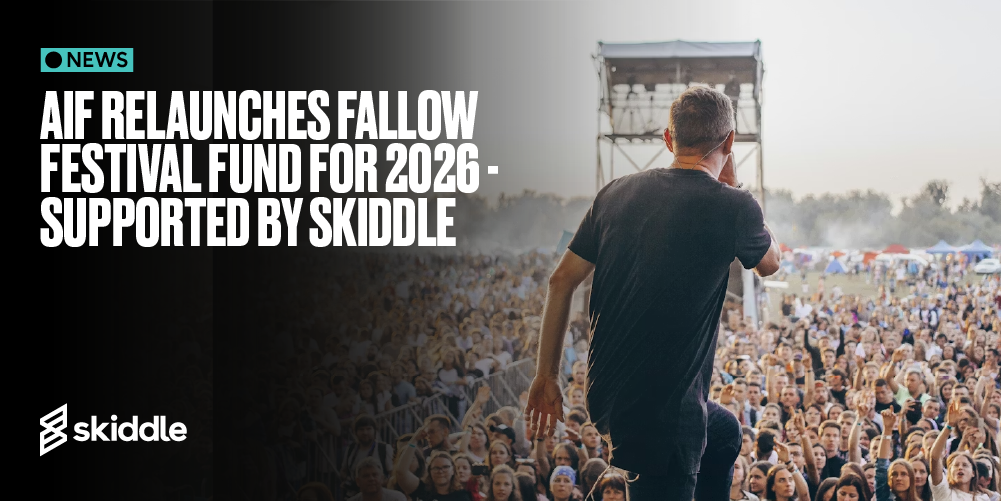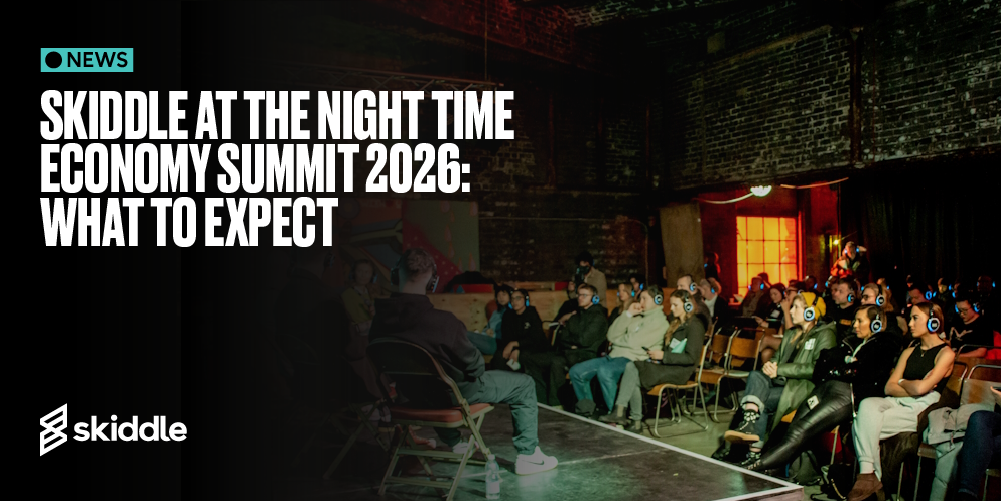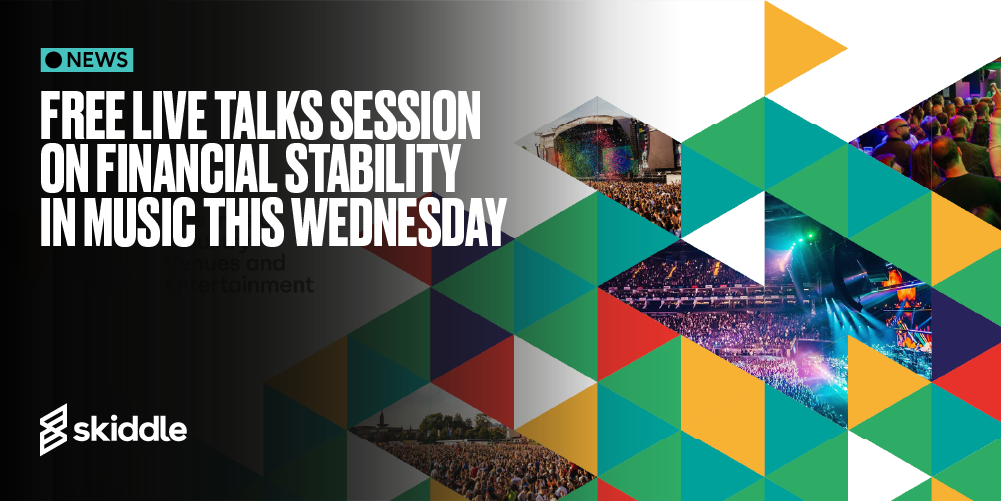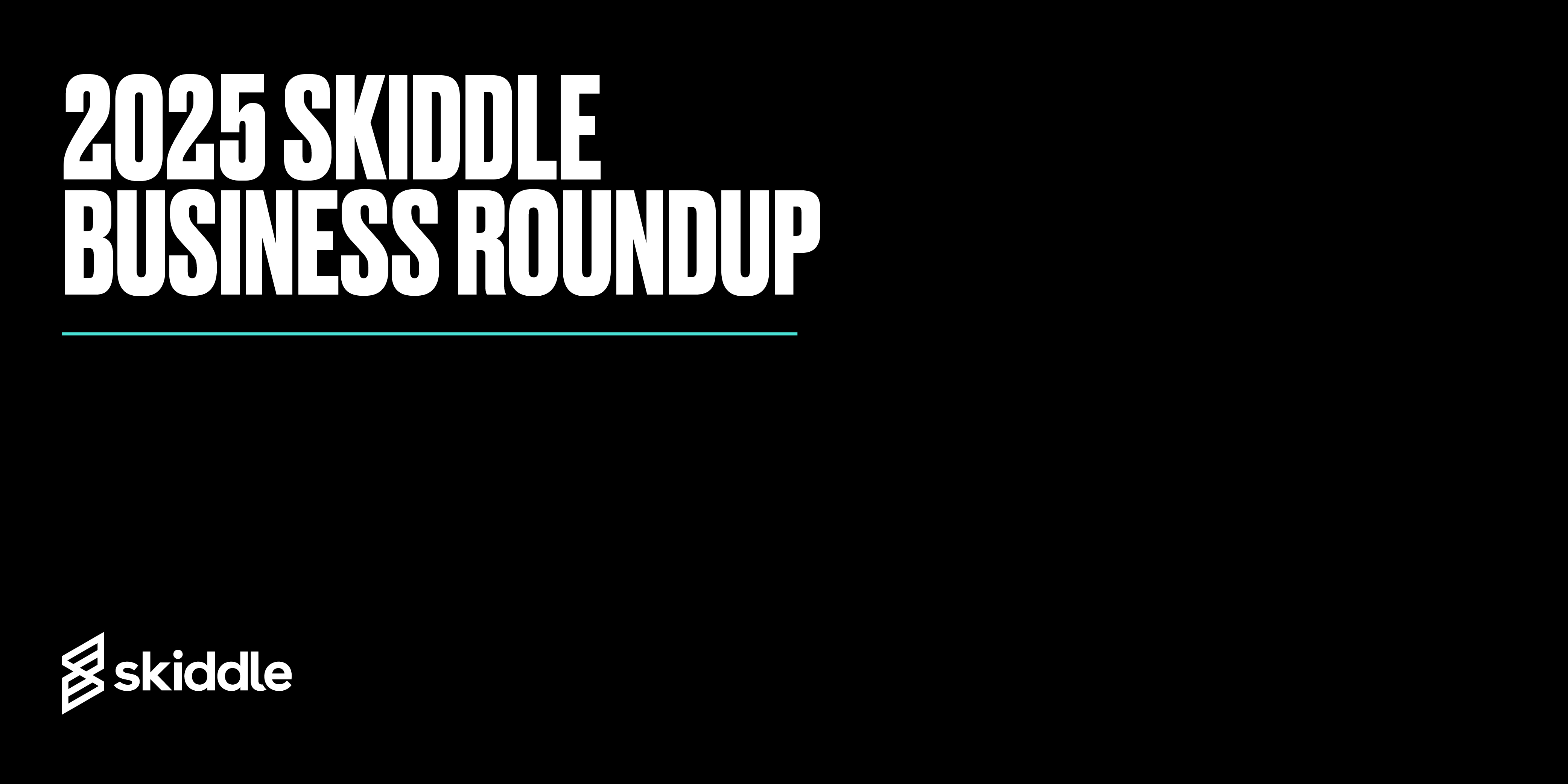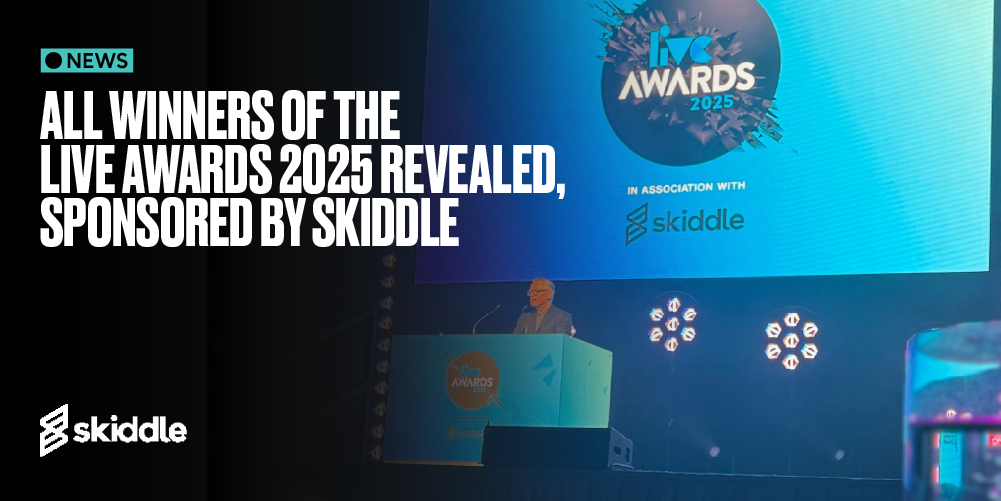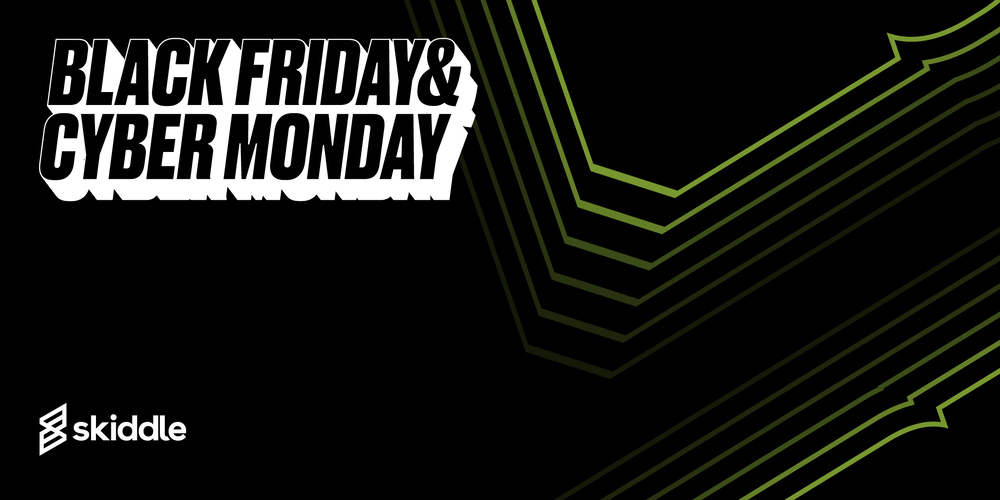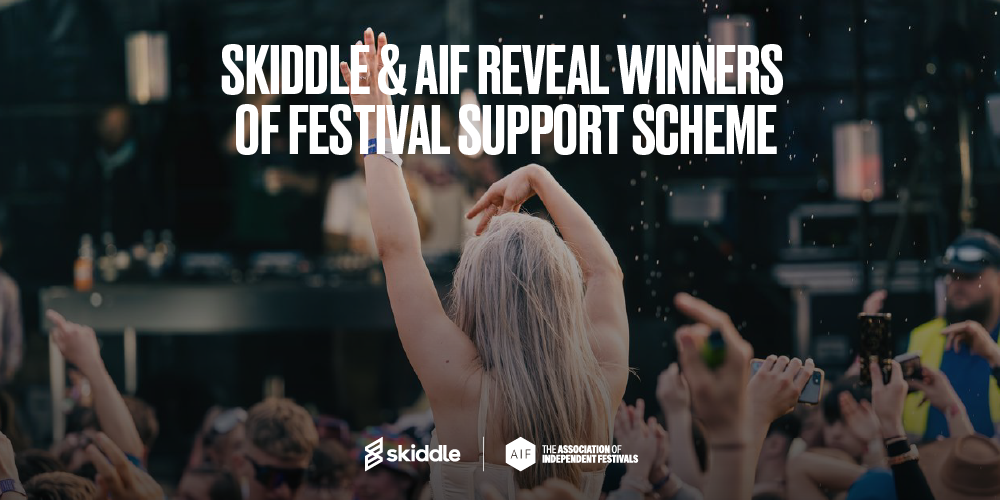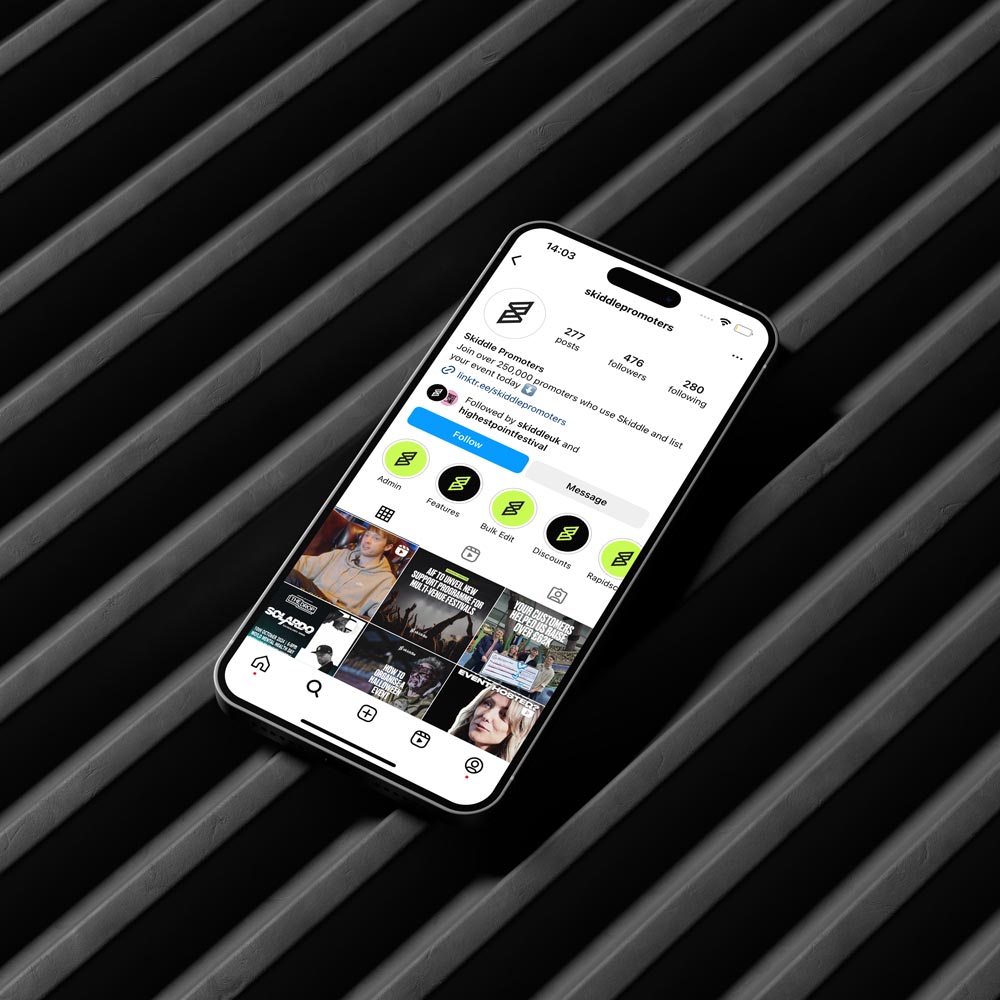- Behind the Scenes
When The Lights Go Down: Artist Operations’ Liz O’Neill talks Mental Health in the Events Industry
-
By Ryan Moss
- 13 Jun 2024
- 9 min read
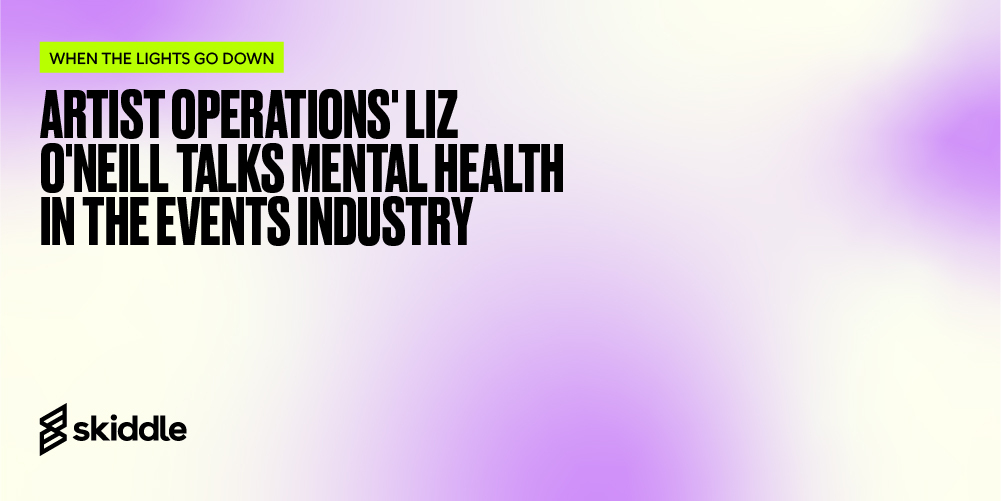
Events can be once in a lifetime experiences. Light shows that dazzle the eye, unique stage design that captures the imagination, all brought together by amazing music played by some of the world’s best artists.
It’s entertainment at its highest, something that a video can’t do justice. For some, they’re a gateway into a lifelong passion. For others, they’re another dream event ticked off the bucket list.
But as you’ll know, eventgoers only see one side of the coin. Behind the memories they make are dedicated teams who work long hours, put in the hard yards and spend time ensuring that the experience is top-class for all.
With this in mind, we wanted to find out how event industry professionals feel when the lights go down. How do they manage their mental health throughout tough periods? Which parts of their role are most demanding?
We reckon it’s crucial to keep the lines of communication open and share tips with one another. Kicking off the series is Artist Operations’ Director, Liz O’Neill. From corporate activations to large-scale live events, Liz has done it all and we were delighted to hear her insights.
When it comes to your mental well-being, which elements of your role are the most demanding?
“The irregular hours, high-pressure environment and the stress of looming deadlines, especially during consecutive event cycles like festival seasons, make it challenging to maintain a routine of exercise, healthy eating and overall well-being.”
Do you find your mental health is affected more during or after an event has taken place? Please explain why.
“This often splits opinion! Pre-event, the apprehension of “Have I forgotten anything?” and the high tension as everyone rushes to prepare can be overwhelming. However, after an event you can experience a bit of a slump and feel really depleted with your personal body battery on zero – we do our best to be mindful of what we take on and agree to after a large project to have time to process and reset.”
What tools or techniques do you or have you used when experiencing periods of poor mental health?
“I see a psychotherapist once every two weeks for maintenance, let’s call it. These sessions are invaluable when experiencing periods of poor mental health. Having a private, safe, non-judgmental space to reflect on how and why you’re feeling a certain way can be key.
“Movement is a big one for all of us. It doesn’t have to be a mega gym session; it can get a gentle walk, but moving your body helps!
“Lastly, go outside! The therapeutic benefits of nature are astounding and free! Political journalist Isbael Hardman has written a fantastic book called The Natural Health Service, which is an open and honest account of her mental health journey and how nature has helped her. Being a trained psychotherapist myself, I offer walking sessions to clients and this less intense approach to therapy combined with the therapeutic benefits of nature can be really helpful.”
Damian Simon, Director at Artist Operations, also jumped in on this one, answering the question saying:
“I stopped drinking 18 months ago and can honestly say it is the best thing I’ve ever done for my mental health. Like many people in the industry, I used to be ritualistic in going for lots of drinks after events. I still go and socialise for these gatherings but definitely would be leaving earlier than I once would.”
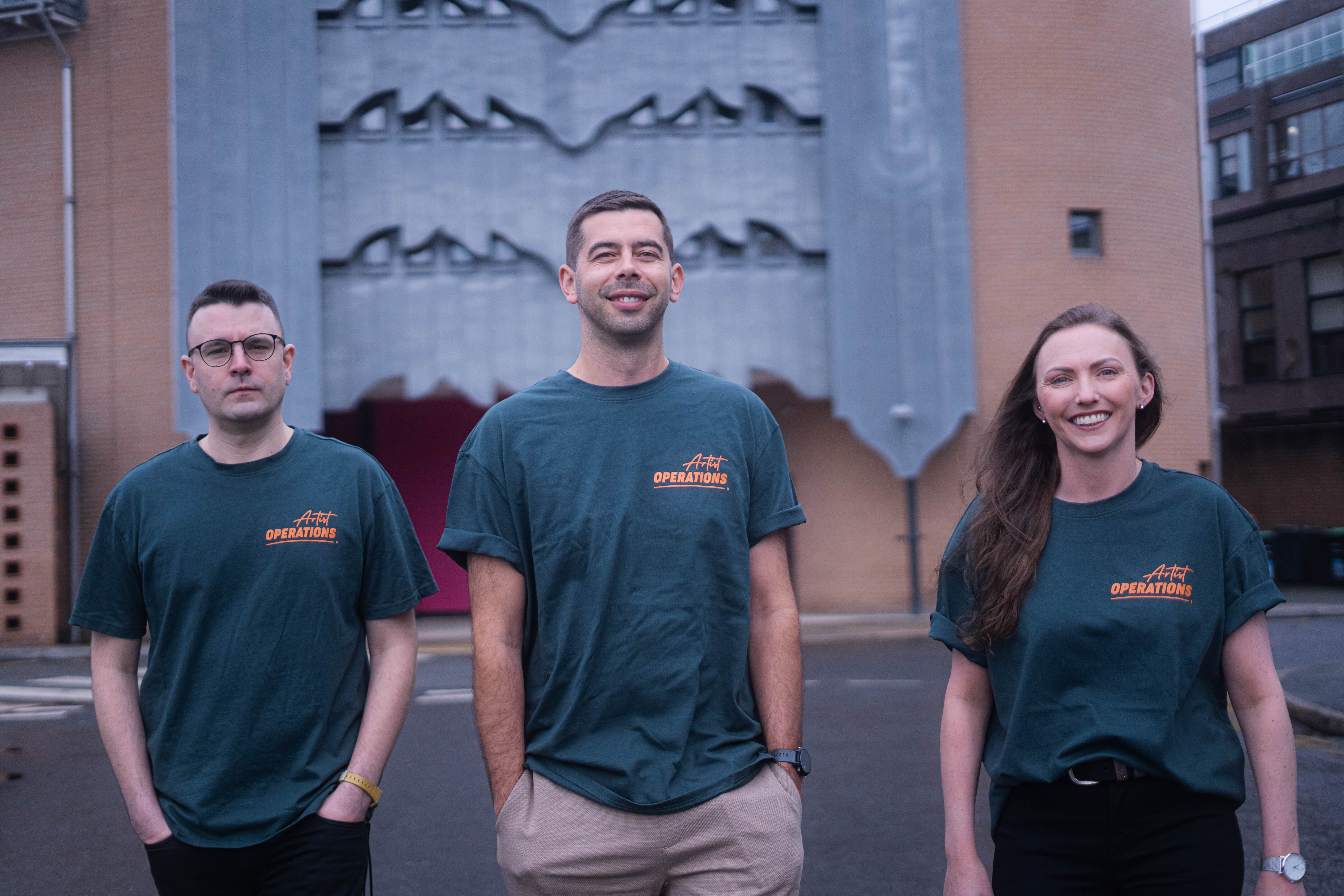
Have you observed any trends or shifts in attitudes towards mental health awareness and support within the events sector over recent years?
“Certainly! There has been a noticeable shift in attitudes towards mental health awareness and support within the events sector. Previously, mental health was often overlooked or stigmatised in the industry, with little emphasis placed on supporting the well-being of event organisers, staff or attendees.
“However, as awareness surrounding mental health has grown globally, the events sector has begun to evolve, too. There has been a rise in conversations and awareness campaigns focused specifically on mental health within the events industry. Organisations are hosting seminars, workshops and training sessions to educate staff and stakeholders about mental health issues and how to provide support to those experiencing difficulties.
“The industry is becoming more supportive and inclusive when it comes to mental health. While there is still progress to be made, the growing acknowledgement of mental health concerns and the implementation of supportive measures are positive steps forward in creating healthier event environments for all involved.
“It’s very good to see that people are aware of their own and their peers’ mental health. The MHFA course, which some of us have completed, trained us to be able to spot signs and signpost people who need further help and support.”
How do you approach communication and support for artists experiencing mental health challenges during events?
“We would approach communication and support with sensitivity, empathy and a commitment to creating a non-judgmental and safe environment. Signposting to appropriate mental health support services when necessary and being mindful of recognising when a situation needs someone with a higher level of mental health training to assist.”
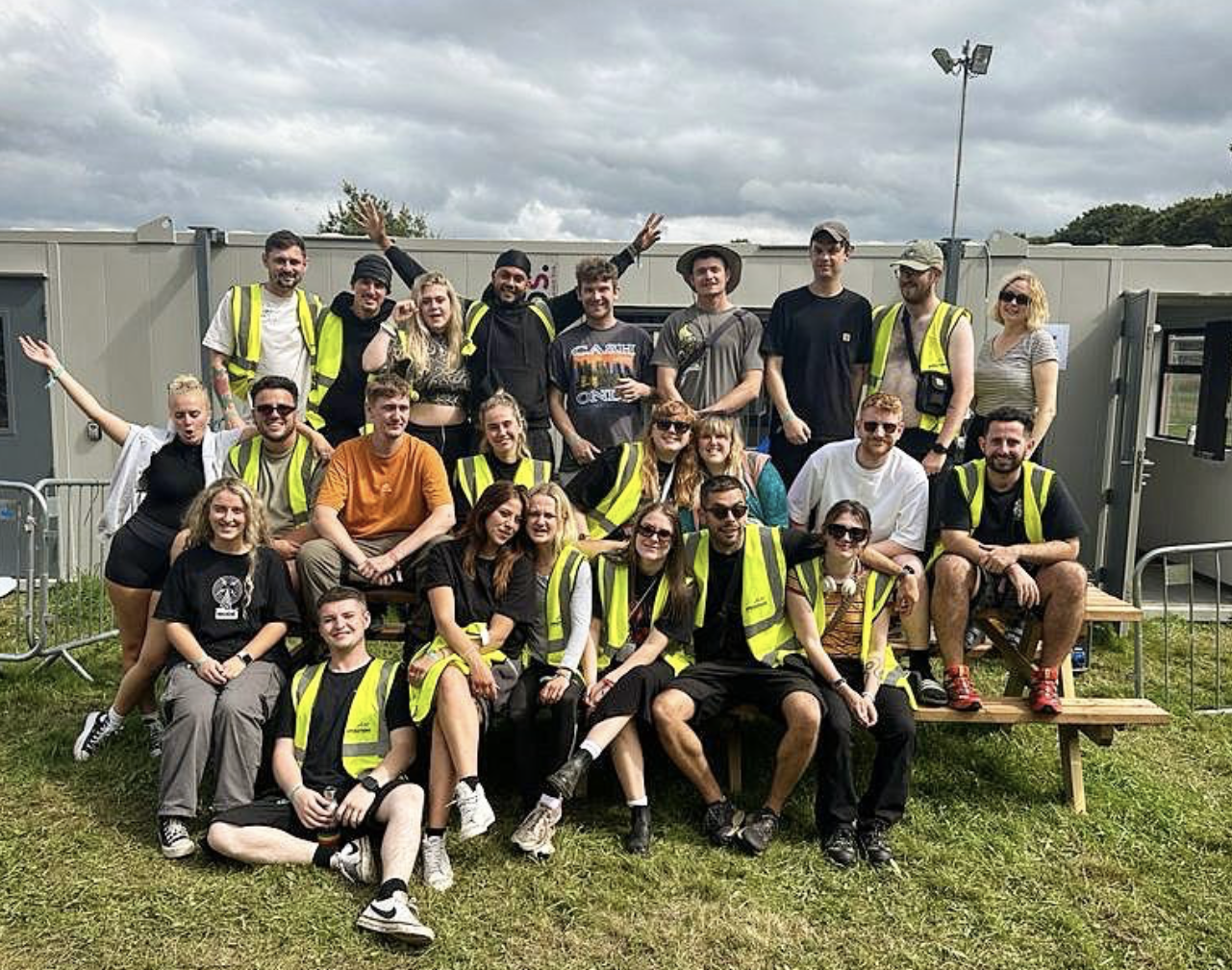
Do you recommend any specific resources or support networks for artists and event professionals to access mental health assistance?
- Music Support
- Help Musicians
- Music Industry Therapist Collective are incredible
- SHOUT, for those who find it difficult to talk in person
What improvements could be made to assist event professionals with their mental well-being?
“Fostering a supportive and open work culture where mental health is prioritised and employees feel comfortable discussing their challenges. Encourage breaks and time off, especially during intense event cycles. Promote a healthy work-life balance by setting realistic expectations and boundaries. Offer wellness programmes that include activities like yoga, meditation and fitness classes.
“Provide training for managers and staff on recognising signs of poor mental health and how to offer support.
“Diet plays such a huge part. When working back-to-back events, it’s easy to get into unhealthy eating patterns. Access to healthier food options on site would be beneficial, debriefing sessions, peer support, the list goes on!”
For someone who’s considering a career in music or events, what would be the advice you would share concerning mental well-being in the sector?
- Prioritise self-care
- Sleep and drink water, get the basics right
- Set boundaries. Days off between shows, not working ridiculous hours etc
- Don’t be afraid to ask for support. It’s a sign of strength not weakness
- Know your limits and listen to your body. It’s important to know when you need to take a break
Why is it important for event professionals to get involved with studies such as our mental health survey of event organisers and venue managers?
- Understanding the impact
- Helps to identify areas for improvement
- Help identify risk factors
- Research findings can inform best practice
- Helps to raise awareness
- By sharing research findings and advocating for change, event professionals can help reduce stigma, increase support, and drive positive change within the industry
Want to help drive change?
Our Mental Health Survey gives you the chance. Take the survey today and join fellow event industry professionals in giving your say on mental health issues in the industry. Our partners will use the results to determine which regions in the UK need the most support, while we’ll use them to create help guides and informative content for you to use. Tap the button below to learn more.
Tags
Got a question you need an answer to?
Give us a call on 03333010301 or ask us a question over on the Skiddle Promoter Twitter account by clicking or tapping on the button below. Alternatively, you can also find a list of our most frequently asked questions over at https://help.promotioncentre.co.uk

